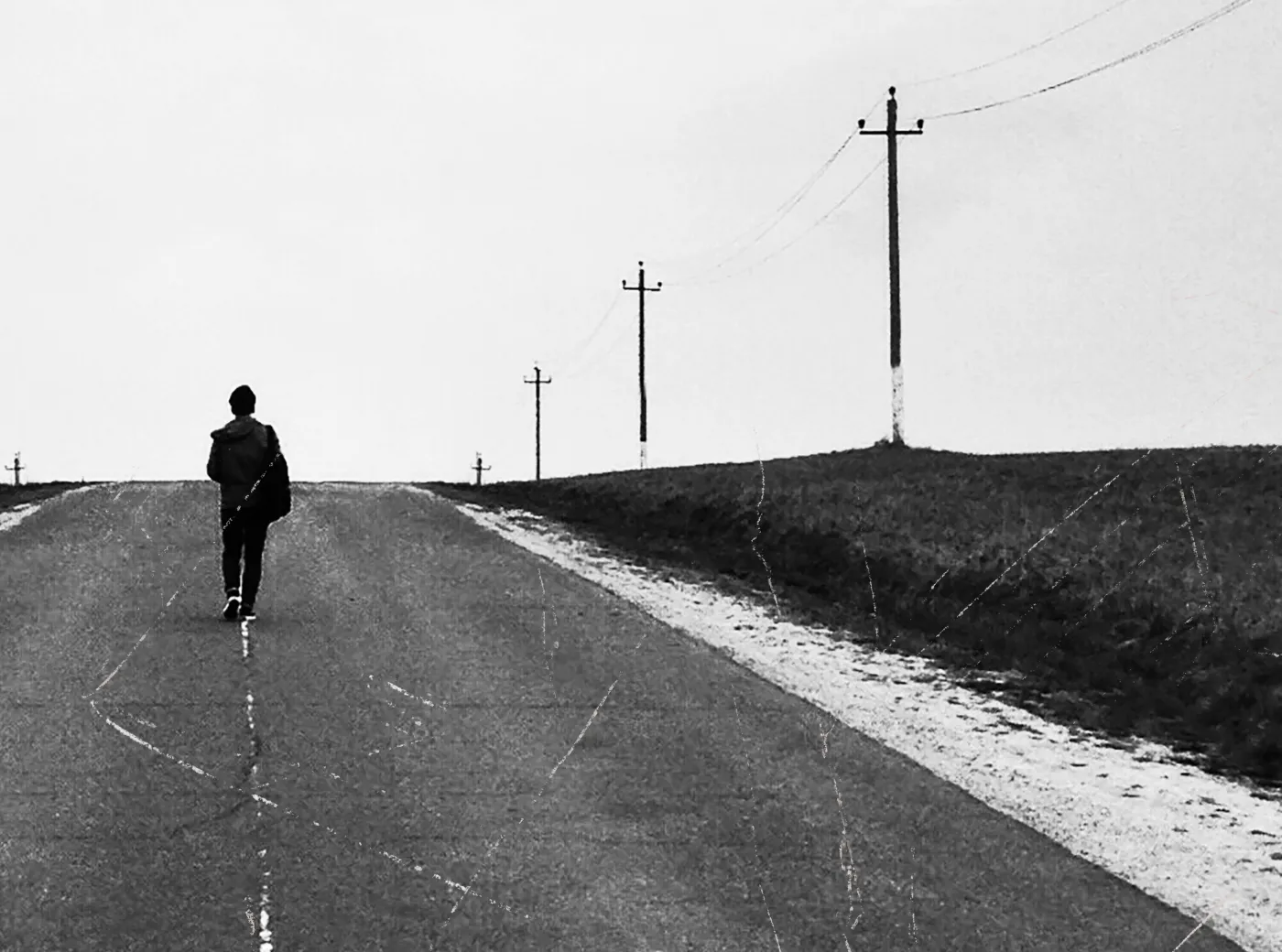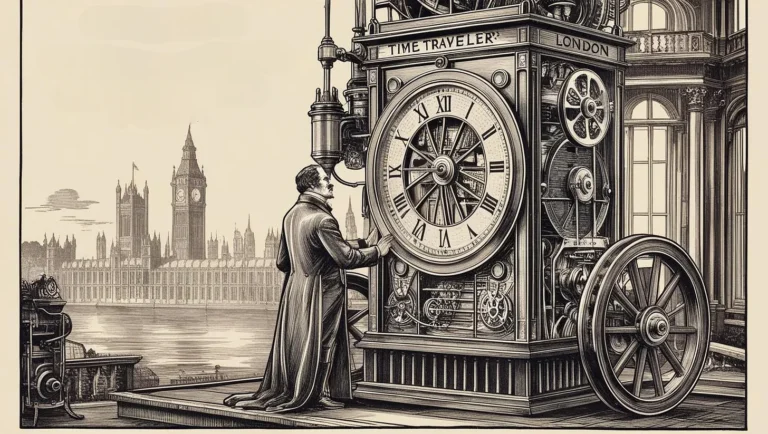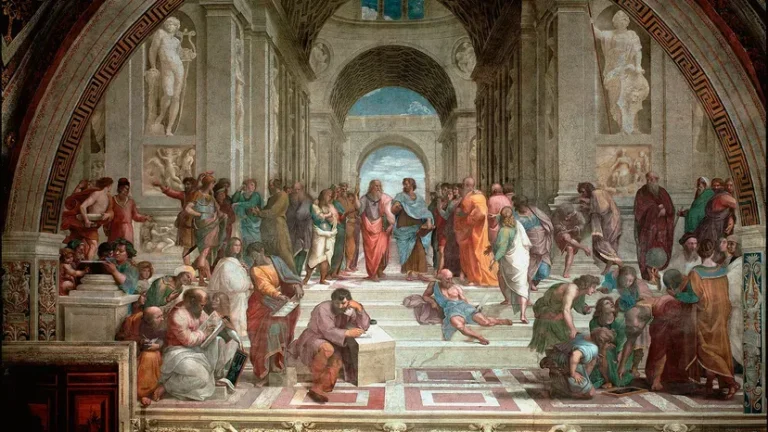
Introduction
In an age marked by mounting psychological challenges and the collapse of many traditional systems that once gave life its meaning and direction, a pressing question emerges: How can we find a will to live that is truly meaningful?
Viktor Frankl, the Austrian psychiatrist who endured the horrors of Nazi concentration camps, did not merely survive; he emerged carrying a therapeutic philosophy that reshaped existential psychology. Frankl observed that those who survived psychologically in such hellish conditions were not the strongest physically, but those who held on to a reason to live—something worth enduring for, whether it was a loved one waiting or a message yet to be delivered.
This idea evolved into what we now know as logotherapy—a call to redefine our relationship with suffering, with purpose, with freedom, and with personal responsibility.
I. The Impact of Pain on the Human Experience: Suffering as a Gateway to Awareness and Growth
Pain is not a mere physical event to be measured and medicated—it is an emotional, psychological, and social phenomenon shaped by genetics, belief systems, and interpersonal experiences. Some individuals are genetically predisposed to greater pain sensitivity, while emotional states such as anxiety or depression can magnify its intensity. Cultural beliefs and support networks, or the lack thereof, can either ease or deepen the pain we endure.
Responses to pain are also shaped by behavioral patterns. Adaptive behaviors—such as temporarily avoiding harmful movement after injury—can support healing and growth. Maladaptive responses, like prolonged withdrawal or learned helplessness, often lead to psychological stagnation. What differentiates these responses is not simply the presence of pain, but how we frame it.
Frankl’s insight was that suffering becomes bearable—even meaningful—when it is framed within a greater context. If pain is unavoidable, it need not be pointless. As he put it: “If life has meaning at all, then suffering must have meaning.”
Rather than viewing pain as an enemy, Frankl invites us to treat it as a teacher. It can awaken within us a new sense of responsibility, integrity, and direction. The Russian novelist Dostoevsky once said, “There is only one thing I dread: not to be worthy of my suffering.” This statement reflects the powerful potential of trauma to catalyze transformation, if we dare to engage with it consciously.
II. The Power of Meaning: Will as an Inner Compass
Frankl argued that man’s deepest drive is not pleasure (as Freud believed) or power (as Adler proposed), but meaning. The “will to meaning” is what enables us to endure adversity, overcome despair, and align our lives with a purpose greater than the self.
This meaning is not imposed from outside—it must be discovered, and it is uniquely personal. Frankl outlined three primary paths to meaning: creative work, loving connection, and courageous suffering. Whether through building something meaningful, serving someone we love, or bearing hardship with dignity—each path offers a way to infuse life with significance.
Frankl distinguished his views from other thinkers with precision. While Carl Jung believed in a collective unconscious full of inherited archetypes, and Sartre believed that we “create” our essence through action, Frankl maintained that meaning is neither imposed nor invented—it is uncovered. Values do not push us forward like instincts, but attract us like a magnet. We are not puppets of biology or culture—we are free to choose how we respond to what life places before us.
This freedom is not without weight. It calls for responsibility. Meaning, in Frankl’s philosophy, is not a luxury—it is an existential imperative.
III. The Existential Vacuum: When Meaning is Lost
One of the most urgent challenges of modern life, according to Frankl, is the emergence of the existential vacuum—a widespread sense of inner emptiness, boredom, and disconnection. This void is not simply a psychological symptom; it is a condition of the soul. It arises when instinctual drives no longer guide us, and traditional frameworks no longer offer direction.
In this vacuum, many feel lost. The question becomes not “What should I do?” but “Does anything matter at all?” This state is often masked by chronic boredom or the compulsive search for stimulation. As Frankl described it, “people have the means to live but no meaning to live for.”
This vacuum can lead to serious psychological and social consequences: depression, addiction, youth delinquency, even suicide. When life feels devoid of meaning, people often replace the “will to meaning” with the “will to power” (obsession with status, money, or control) or the “will to pleasure” (escapism, addiction, hedonism). Yet these substitutes offer only short-term relief and fail to fill the deeper void.
What Frankl warns of is a crisis not of comfort but of purpose. And this crisis is not solved with distraction—it is healed only by turning inward, by asking honestly: What is life asking of me?
IV. Post-Traumatic Growth: Renewal Beyond the Wound
Out of deep suffering, something beautiful can emerge. This phenomenon is known as post-traumatic growth—the idea that some people, after enduring great hardship, emerge wiser, more resilient, and more connected to life.
This concept, explored by psychologists Richard Tedeschi and Lawrence Calhoun, posits that trauma can disrupt our worldview so powerfully that it forces a reevaluation of what truly matters. Through that rupture, space for transformation is born.
Survivors who engage reflectively with their trauma often report five key areas of growth:
- A renewed appreciation for life and a deeper gratitude for the small moments.
- Personal strength, having faced what they thought was unendurable and discovered new resilience.
- Closer relationships, forged in honesty and shared vulnerability.
- New possibilities, as life opens to paths they never before considered.
- Spiritual transformation, as they begin to explore larger questions of meaning, mortality, and presence.
This growth does not deny the pain—it honors it. It recognizes that wounds can be teachers, and that suffering, when consciously integrated, can become fertile ground for transcendence.
Conclusion
Meaning is not a luxury of the lucky or the philosophical elite—it is the foundation of a life well-lived. It is not found by avoiding pain, but by confronting it with courage and curiosity. What Viktor Frankl called the “will to meaning” is nothing less than our human capacity to choose our response, to assign value, and to live with intention.
Pain may be inevitable, but despair is not. Emptiness may visit us, but we need not build our homes there. Through conscious reflection, sincere questioning, and committed action, we can transform even suffering into significance.
Let us not only ask: What is the meaning of life?
But rather: What meaning can I give to this moment—right here, right now?




